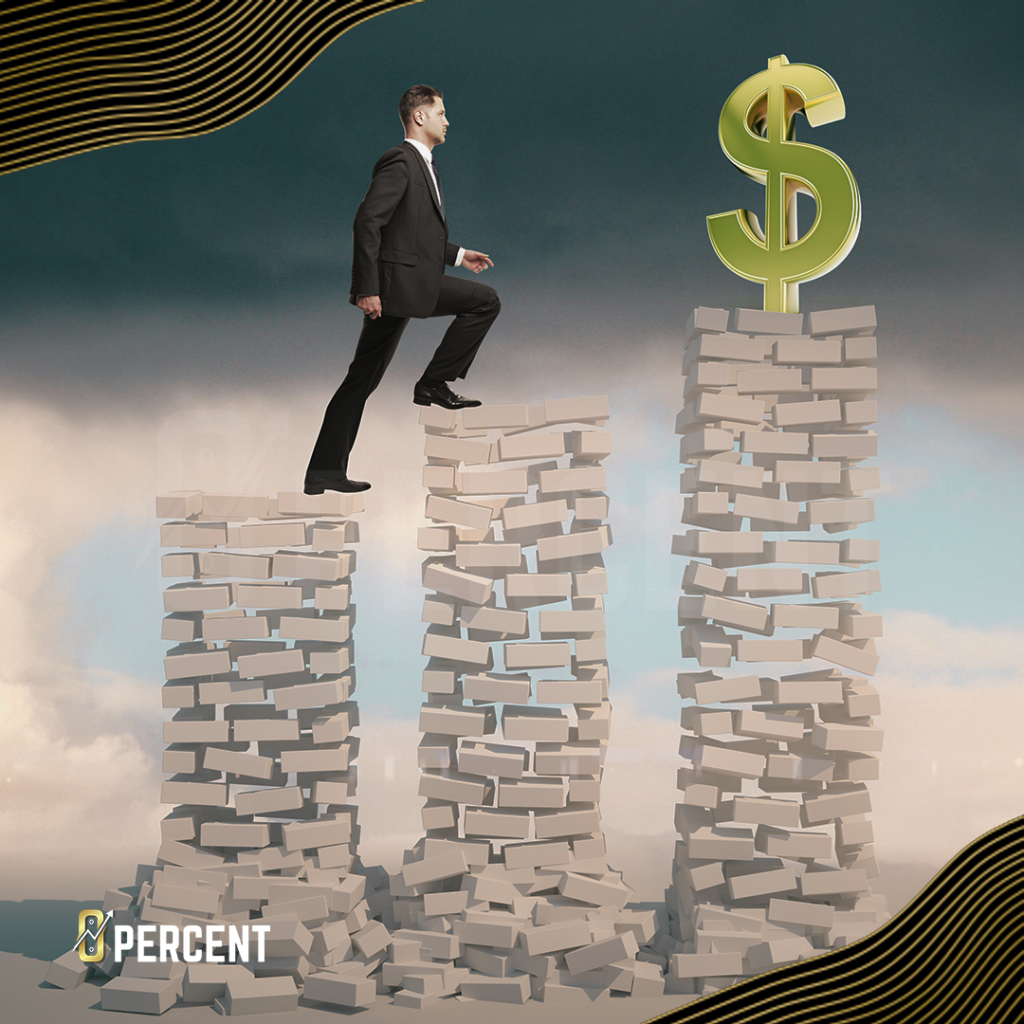
Jeff Sekinger
Jeff Sekinger Founder & CEO, 0 Percent Who is Jeff Sekinger? Visionary Trailblazer Sekinger has been in the financial industry for over a decade. Starting
As the recent economic downturn has shown, being financially prepared is crucial for both individuals and businesses to weather tough times. However, building financial resilience is not just about surviving economic downturns; it is about creating a foundation that can withstand unexpected financial shocks.

Here are some tips on how to prepare your personal and business finances for economic downturns:
In conclusion, building financial resilience is about creating a foundation that can withstand unexpected financial shocks. By building an emergency fund, managing debt, diversifying your income, keeping expenses low, creating a budget, investing in your future, and staying informed, you can prepare yourself and your business for economic downturns and ensure that you are on the path to long-term financial success.

Jeff Sekinger Founder & CEO, 0 Percent Who is Jeff Sekinger? Visionary Trailblazer Sekinger has been in the financial industry for over a decade. Starting

Angel Alvarez Funding, 0 Percent Who is Angel Alvarez? From SpaceX to 0 Percent Angel is a remarkably well rounded individual who has had a

Abhay AnandProduct, 0 Percent Who is Abhay Anand? Title One Test Title Two Test Test
Sign up to receive news & updates!
Sign up to receive news & updates!